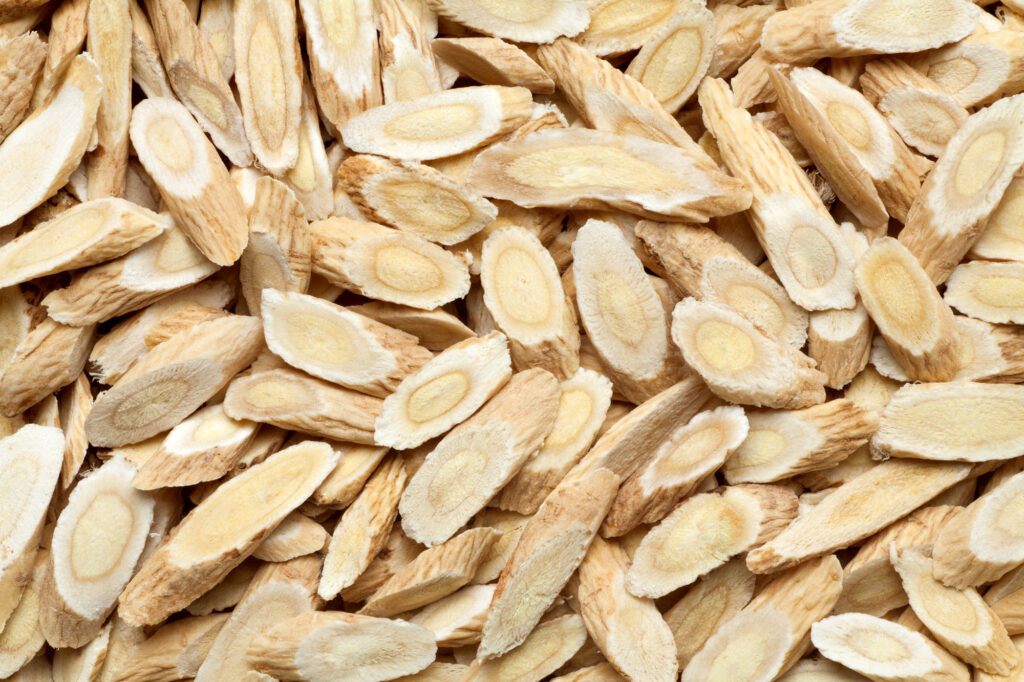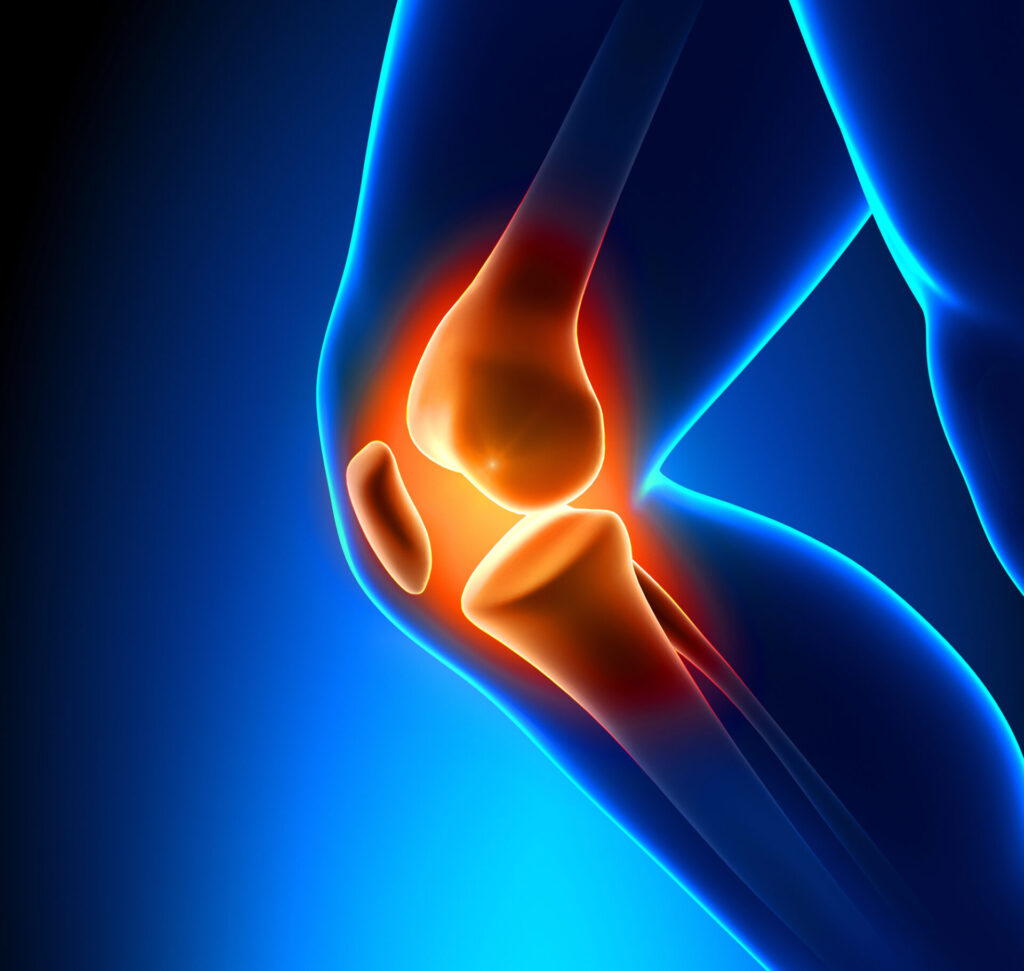For centuries, traditional Chinese healers have used the herb astragalus (Astragalus membranaceus)—alone and in combination with other herbs—to enhance immunity, treat upper respiratory tract infections, lower blood pressure, and treat diabetes. And now, Western science is discovering new uses for this time-tested herbal remedy.
Scientists in the United Kingdom recently found that TA-65, a plant-based compound isolated from astragalus, has the potential to improve outcomes for heart attack patients. Specifically, the herbal compound significantly reduces inflammation in heart attack patients without negatively impacting immunity, unlike current cardiovascular treatments.
“While some potent anti-inflammatory drugs have been shown to improve outcomes after heart attacks, they result in suppression of the immune system and increase the risk of severe infections,” said study leader Professor Ioakim Spyridopoulos. “In our study…TA-65 was shown to reduce inflammation but also appears to improve immunity by increasing a patient’s immune cells.”
The Study
Researchers from Newcastle University and The Saint James University Hospital recruited 90 heart attack patients aged 65 and older and gave them either TA-65 or a placebo. The patients’ blood measurements were taken at baseline, six months, and one year, to assess the study outcomes. Participants were also examined regularly for any side effects.
After one year, the results showed that inflammation was 62 percent lower in patients who had received TA-65 as compared to those who had taken the placebo. In addition, patients treated with the drug experienced significantly fewer complications, such as chest or joint pains, following their heart attacks. And perhaps most importantly, TA-65 appeared to increase the number of lymphocytes in patients who took it, thereby actually boosting their immunity.
Conclusions
While the results are promising, the scientists noted that this pilot study is only the beginning. The research team would like to follow up with a larger trial focusing on whether TA-65 can reduce adverse cardiac events, such as more heart attacks or even death. “If we can show that TA-65 improves the clinical outcomes of patients who have suffered a heart attack…it will become an important addition to patients’ medical care,” said Professor Spyridopoulos.
While it was funded by TA Science, the company that makes TA-65, the study was performed as a Clinical Trial for Medicines under the UK’s Medicines and Healthcare products Regulatory Agency. The company had no say in how the study was conducted or analyzed.






